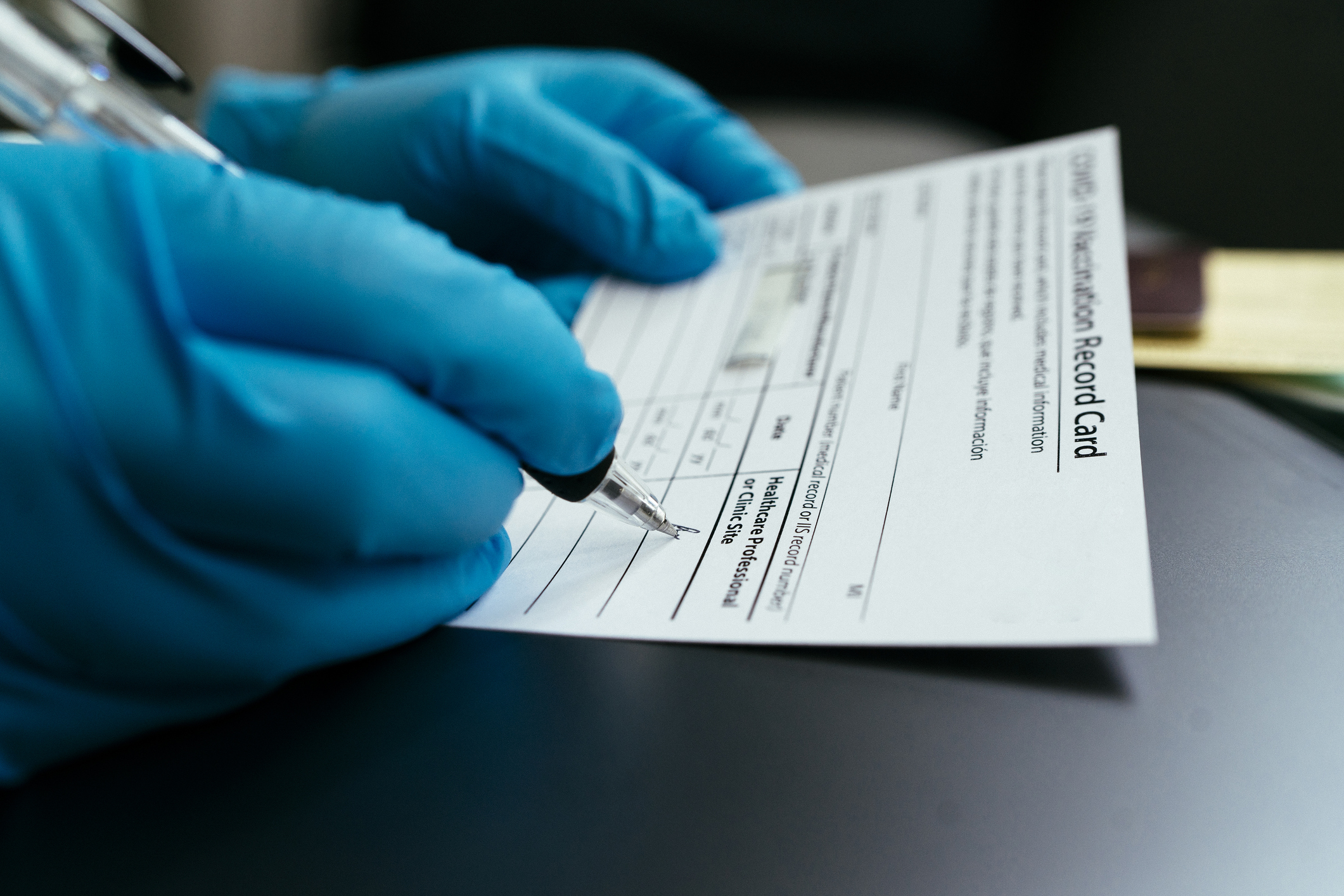
When clinical trials began testing the various COVID-19 vaccines, one question participants weren’t asked about was whether they experienced any changes to their menstrual cycles or unexpected bleeding after getting vaccinated.
Soon after the vaccines were rolled out to the public, however, people began talking to their doctors about what they were experiencing. Many had noticed that their periods had become heavier than normal. Initially, some clinicians were dismissive, write the authors of a new survey on the topic published in the journal Science Advances. “In media coverage, medical doctors and public health experts hastened to say that there was ‘no biological mechanism’ or ‘no data’ to support a relationship between vaccine administration and menstrual changes,” the authors write. “In other cases, experts declared that these changes were more likely a result of ‘stress.'” But these types of changes are not unheard of: vaccines for typhoid, Hepatitis B, and HPV have sometimes been associated with menstrual irregularities.
To gain a better understanding of what was happening, the researchers launched a survey in April 2021. More than 39,000 people responded: 91% of whom identified only as women, and 9% of whom were gender-diverse. Among those who have regular periods, 41% of respondents reported heavier bleeding after getting vaccinated, while 44% said they didn’t notice any change. For those who do not typically menstruate, breakthrough bleeding was reported by 71% of people on long-acting reversible contraceptives, 39% of individuals on gender-affirming hormones, and 66% of postmenopausal people.
People who are older, and those who classified themselves in the survey as non-white or Hispanic/Latinx, had a higher chance of reporting a heavier flow post-vaccination, as did people who experienced a fever or fatigue as a side effect of COVID-19 vaccination, and individuals who have experienced endometriosis, menorrhagia, or fibroids.
It’s too soon for researchers to make any conclusions about what the results might mean; the study relied on self-reported experiences, which presents challenges. For example, people experiencing menstrual changes may have been more likely to respond to the survey. Researchers can’t yet say that the vaccine caused these changes—and if it did, exactly how or why. But one theory is that it has to do with how the immune system responds to the vaccine. As the study notes: “Generally, changes to menstrual bleeding are not uncommon or dangerous, yet attention to these experiences is necessary to build trust in medicine.”
“We suspect that for most people the changes associated with COVID-19 vaccination are short-term, and we encourage anyone who is worried to contact their doctor for further care,” said co-author Katharine Lee, an anthropology professor at Tulane University, in a press release. “We want to reiterate that getting the vaccine is one of the best ways to prevent getting very sick with COVID, and we know that having COVID itself can lead not only to changes in periods, but also hospitalization, long COVID and death.”
More Must-Reads from TIME
- Cybersecurity Experts Are Sounding the Alarm on DOGE
- Meet the 2025 Women of the Year
- The Harsh Truth About Disability Inclusion
- Why Do More Young Adults Have Cancer?
- Colman Domingo Leads With Radical Love
- How to Get Better at Doing Things Alone
- Michelle Zauner Stares Down the Darkness
Contact us at letters@time.com